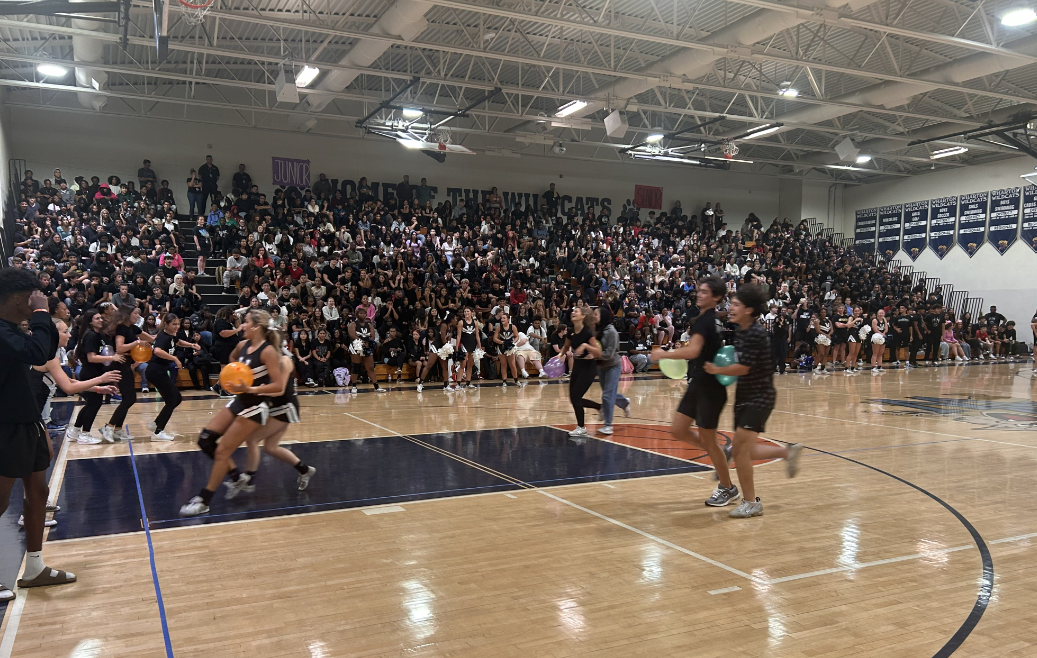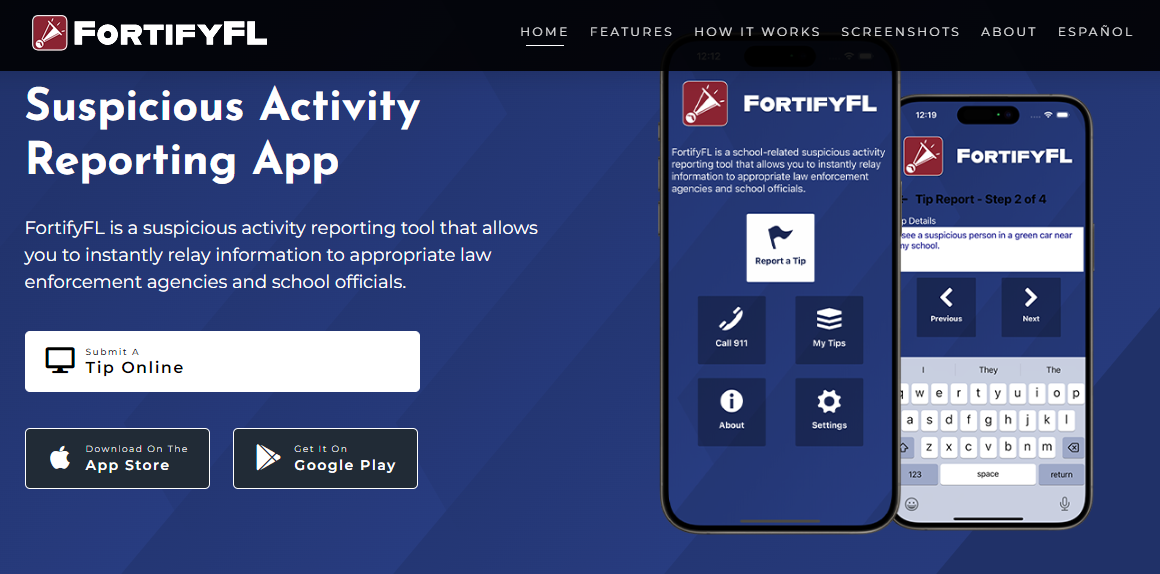In the last few years, Artificial Intelligence (AI) has changed various parts including education. While AI has the potential to boost learning experiences, its overuse in schools raises serious concerns about its suggestion for teaching, learning, and student’s well-being.
Many students are increasingly going to AI tools for assistance with assignments, studying, and research. This reliance can prevent critical thinking and problem-solving skills. Instead of engaging deeply with the material, students may search for quick answers from AI, stopping their ability to analyze information. The benefit of AI can lead to a passive approach to learning, where students put speed over comprehension and depth.
The cons of AI in education are important. One major concern is the possibility of academic dishonesty, as students use AI to do their homework or complete class assignments without understanding the things they are learning. Not only does this impact the integrity of their education, but it also prevents creativity and original thought. In addition to that, the use of AI can enhance existing biases found in the data it learns from, resulting in distorted viewpoints and the reinforcement of stereotypes. The reliance on AI can also reduce social skills, as students may interact less with peers and educators.
“AI technology has a negative impact on students because it is a robot and if you are using AI then you are not using your brain and it’s ruining humanity by making us not use our brains,” Sahara Dorr, a freshman, said.
Despite these challenges, AI has the potential to lead students in productive ways. For example, AI based platforms can personalize learning experiences, adjusting to individual strengths and weaknesses. This tailored approach lets students engage with subjects at their own pace, causing a deeper understanding. Ideas like using AI for interactive simulations or online tutoring can enhance learning experiences, making education more accessible and engaging.
The advantages of AI in education are numerous. One of the most important benefits is the ability to provide instant feedback, allowing students to learn from their mistakes in real time. This instant support can enhance learning outcomes and boost confidence. AI can also streamline administrative tasks for educators, allowing them to focus more on teaching and less on paperwork. Also, AI tools can equalize education, providing resources to students in needy areas who might not have access to traditional learning materials.
“I think AI is very helpful for students especially if u don’t understand something, it can help guide students to get work done and improve their grades,” Aniyah Martinez, a freshman, said.
While the overuse of AI among students poses challenges, its thoughtful consolidation into education can offer substantial benefits. Balancing AI’s capabilities with the need for critical thinking and creativity is essential for promoting well rounded learners. As educational institutions adapt to this new landscape, the goal should be to push AI as a tool that enhances learning instead of replacing it.
























